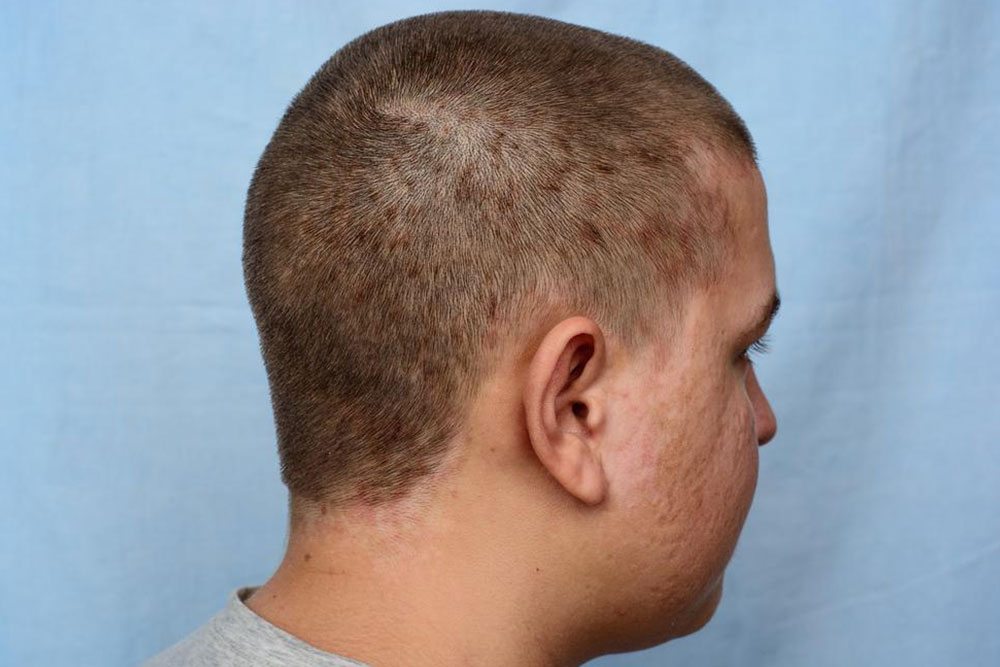How to treat seborrheic dermatitis on the scalp
A dermatological condition, seborrheic dermatitis is a form of eczema which typically leads to dryness and itchiness in areas like the face and scalp. It estimated that around six million individuals are affected by this skin disorder in the country. This condition has similar causes and symptoms like psoriasis, other kinds of eczema and allergic reactions, which makes it difficult to diagnose.

Seborrheic dermatitis for most patients can have a flare up episodes, i.e., they come for certain intervals and eventually go away. The probable triggers for seborrheic dermatitis are as follows.
- Mental problems such as chronic stress, depression, trauma, etc.
- Infections
- Specific types of medications
- Problems in the immunity
- Tiredness
- Sleeping problems
- Exposure to excessively dry or damp environments for prolonged periods
Primarily, individuals suffering from seborrheic dermatitis will develop distinguishable yellowish or reddish patches which appear to be greasy as well. It is most likely to occur in areas which have high levels of sebaceous production, i.e., oil glands. Some of the most common parts where seborrheic dermatitis can appear are face, scalp, back, neck, collarbone, upper chest, ears, etc.
Seborrheic dermatitis scalp treatments
The scalp is one of the most common parts of the body that is affected by seborrheic dermatitis. Its onset can often be emotionally distressing as it produces a noticeable amount of dandruff. If you are suffering from seborrheic dermatitis on scalp then here’s what you can do
- Begin with visiting a dermatologist as they can diagnose the severity levels and suggest you with the best treatment options. They can recommend you with prescription shampoos and drugs, anti-fungal lotions, etc.
- To alleviate the discomfort you can use over-the-counter dandruff shampoos consisting ingredients such as salicylic acid, coal tar, selenium sulfide, ketoconazole, zinc pyrithione, etc. However, ensure that you are not allergic to these elements. Also, seek the counsel of your doctor before you start using it.
- On the other hand, if your infant is suffering from seborrheic dermatitis on the scalp then use a baby shampoo and warm water to help them gain relief. If you are using any medicated variants, then make sure that you have a word with the pediatrician.
Along with medical assistance make sure that you eat well and avoid all kinds of triggers. For instance, if stress stimulates this condition, then figure out a solution to minimize it from your daily life. Similarly, if seborrheic dermatitis is a result of a recent health problem like infections or autoimmune diseases, then ensure to take good care of your health with the help of the right treatments.











